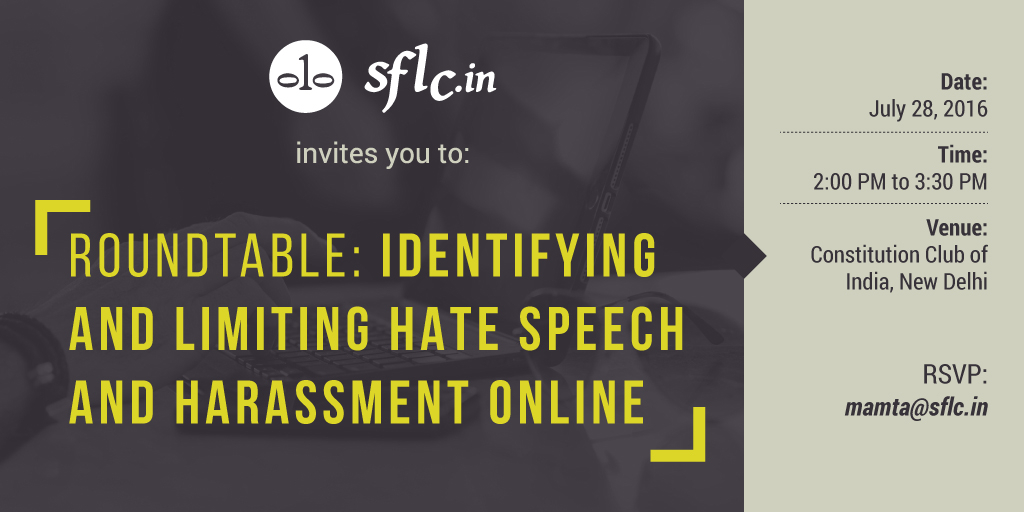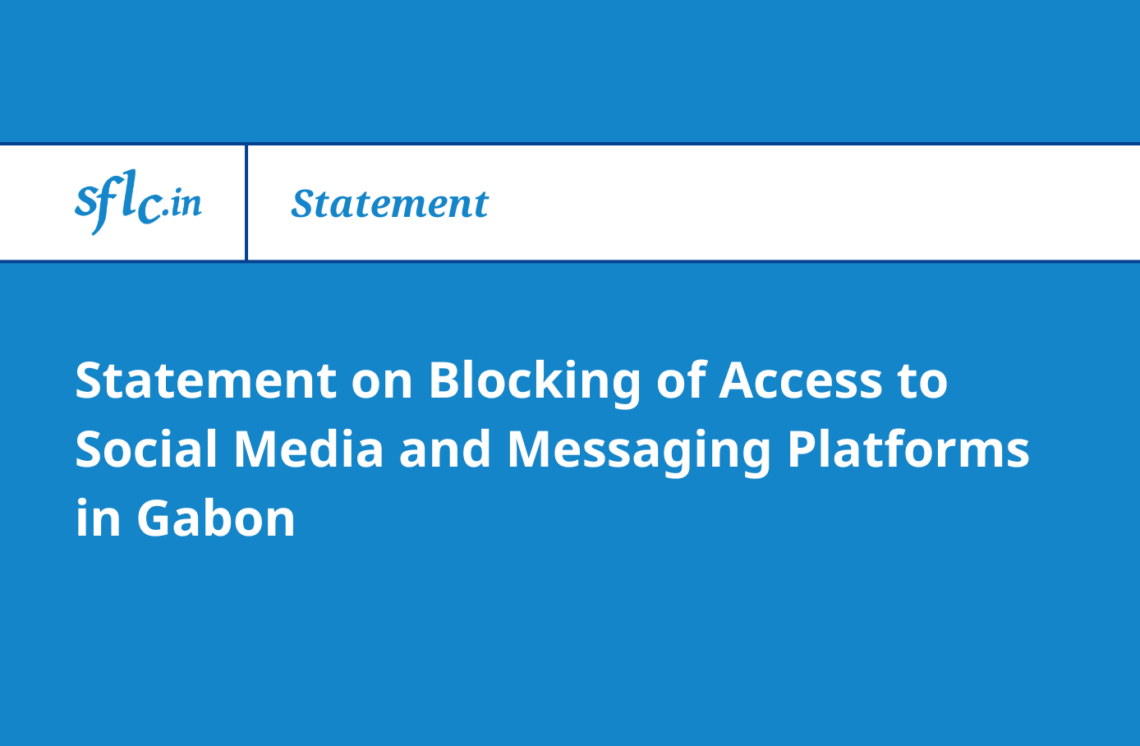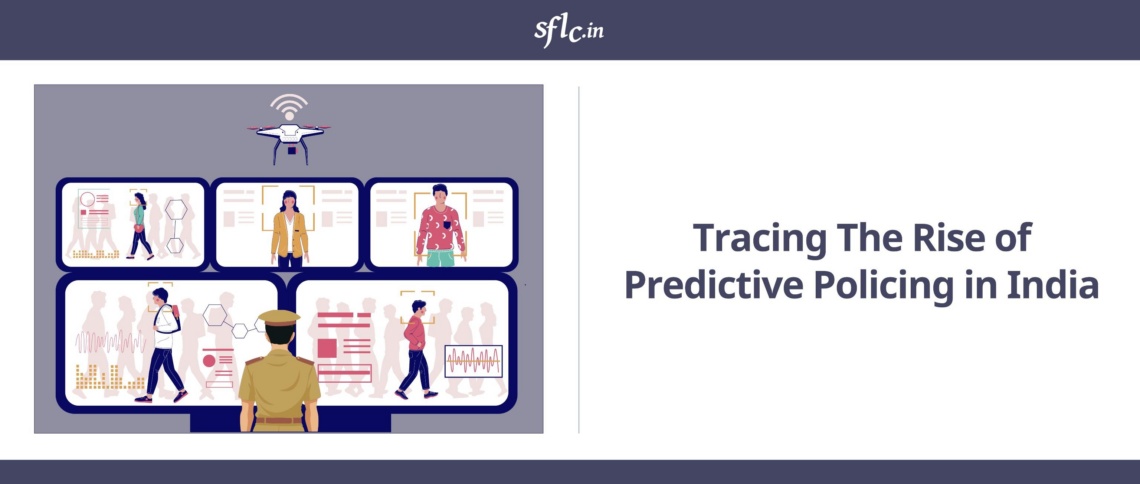The advances made possible by the advent of the Internet have impacted the notion of free speech in a great many ways. Online intermediary platforms such as Twitter, Facebook and Google enable individuals to be active publishers of information in addition to passive recipients. The possibility for anonymity that comes with the Internet adds further value by enabling open discourse and criticism in even the most repressive of regimes. More generally, the Internet has allowed access to information and knowledge that was previously unattainable, thereby contributing to the discovery of truth and the progress of society as a whole.
While the Internet constituted a significant leap forward in terms of enabling borderless free speech, it also raised several complex challenges that called for nuanced approaches to identifying and limiting them. One such challenge is “online hate speech” – a surprisingly broad and contested term that calls into question some of the most fundamental principles on which societies are built. India has witnessed increasing instances of hate-fueled violence of late, with the murder of multiple citizens over conflicting ideals during a spate of strengthened cattle-slaughter laws being the gravest and most recent of the lot. The Internet played a prominent role in propagating hateful sentiments during these periods of tension as it set the stage for aggressive campaigning for and against divisive causes. Moreover, there has been a growing atmosphere of intolerance towards opinions and convictions that stand at odds with those of certain political factions. Online expressions of such opinions are often met with a flurry of hateful, abusive and harassing responses seemingly aimed at intimidating the speakers into silence.
Against this backdrop, we are organizing a roundtable discussion on Thursday, 28th July, 2016, from 2:00 PM to 3:30 PM at the Constitution Club of India, New Delhi, bringing together relevant stakeholders from the user community, industry, civil society, academia and Government to initiate a discussion around online hate speech and harassment, with special focus on prevalent challenges in limiting such speech online and potential remedies. The roundtable will explore the prevalence of abusive, intimidating and harassing expressions online, existing state and non-state responses, shortcomings of these responses, and potential solutions to these shortcomings. We will also explore the adoption of a Code of Conduct for online speech platforms to effectively tackle hate speech, drawing from a similar set of guidelines that were recently drafted and adopted in the European Union.




